This website uses cookies so that we can provide you with the best user experience possible. Cookie information is stored in your browser and performs functions such as recognising you when you return to our website and helping our team to understand which sections of the website you find most interesting and useful.
Zdolbuniv Territorial Community
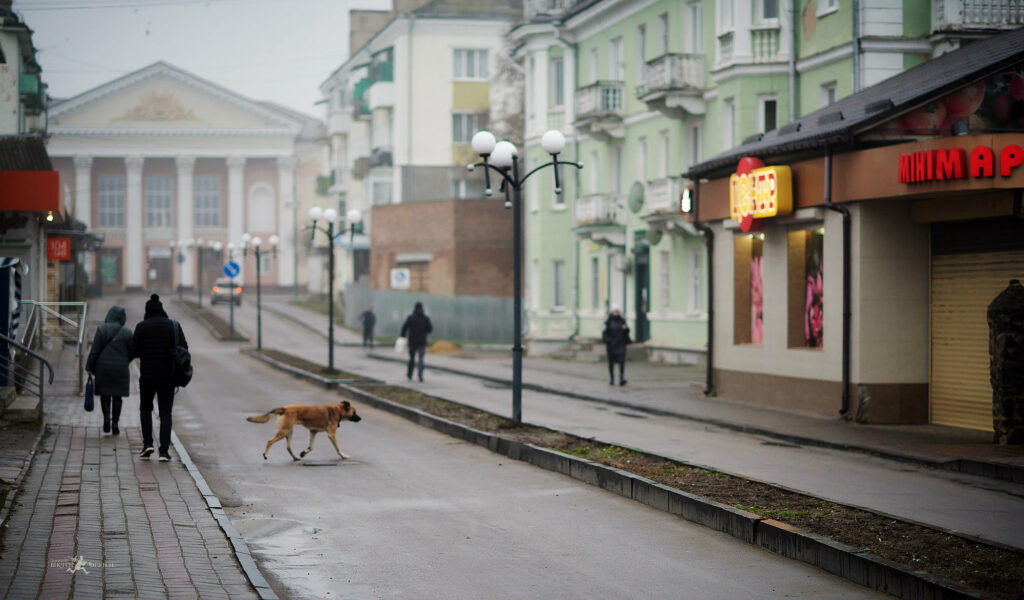
The Zdolbuniv community is located in the southern part of the Rivne Region, with its centre in the town of Zdolbuniv on the Ust River.
Total surface area: 152 165 km2
Population: 31 528 residents
Women: 17 148
Men: 14 380
Internally displaced persons: 987
The community includes 14 settlements with a centre in the town of Zdolbuniv.
History
The Zdolbuniv community was formed on 12 June 2020 and includes 13 villages and the town of Zdolbuniv, which became its administrative centre.
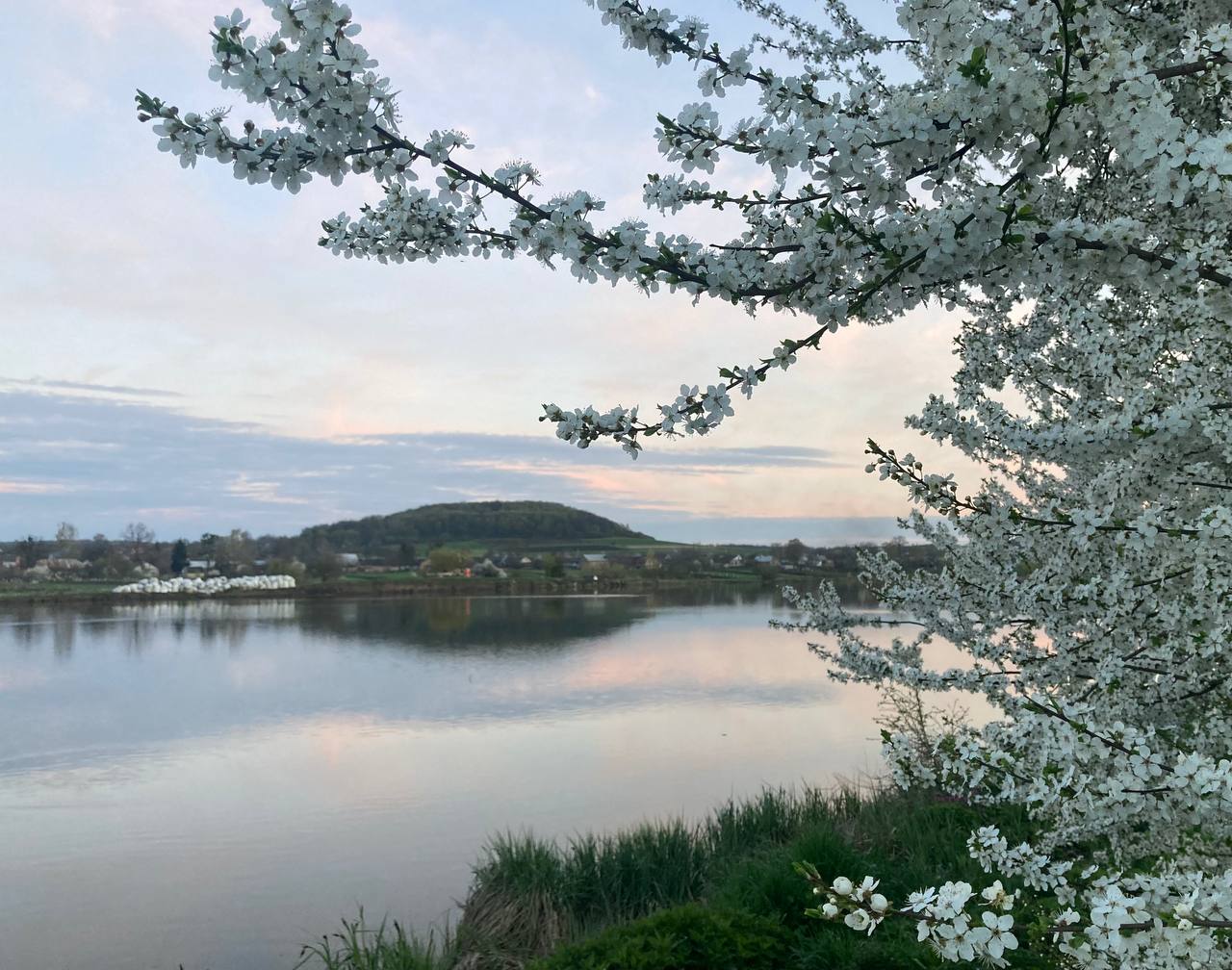
For the first time, the name of the settlement of Zdolbuniv (Dolbuniv) was mentioned in 1497 in an act by which the Grand Duke of Lithuania, Alexander, gifted the village of Dolbuniv along with other settlements to Prince Kostiantyn Ostrozkyi. The name Zdolbuniv has been known since 1629 and comes from the words “dovbaty meaning excavate” as there are large deposits of chalk that were excavated in the territory of the community.
The economic development of Zdolbuniv began with the construction of the Kyiv-Brest Lytovskyi railway line in 1873. Zdolbuniv became an important railway hub.
During this period, the high quality of Zdolbuniv chalk and the possibility of using it as the main raw material for the production of cement were determined. In 1884, thanks to the Czech brothers, a cement factory was built in Zdolbuniv.
The town was actively inhabited by Czechs. A private parquet factory, a foundry, two mills, shops, taverns, and small workshops operated in the town. In 1908 – 1911 its population reached almost 10,000 people.
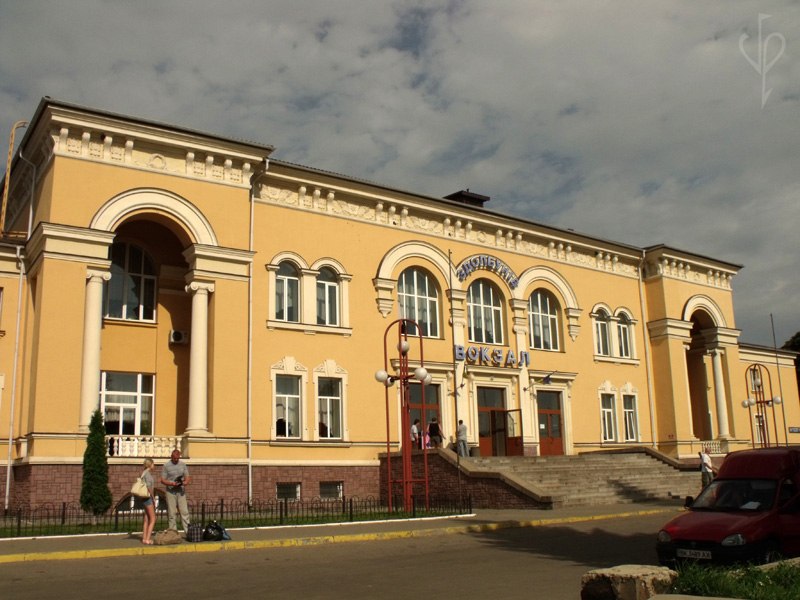
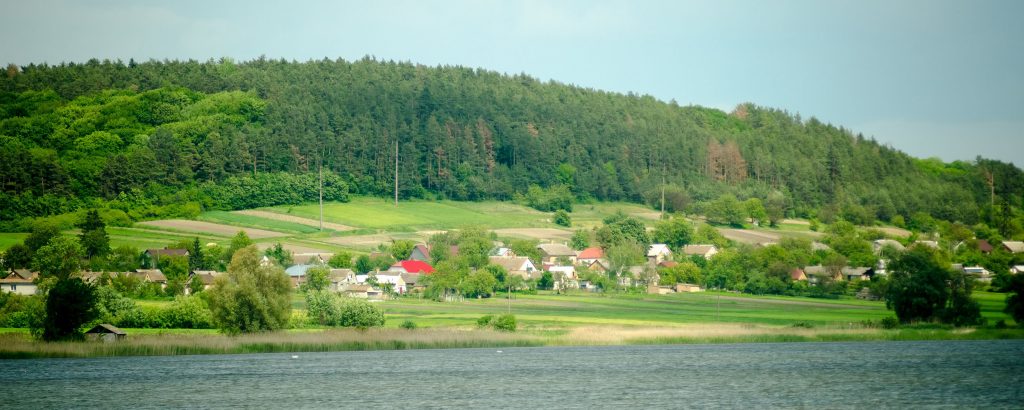
From 1920 to 1939, the town was under the Polish rule and became the centre of the Volyn Voivodeship. During World War Two, the Zdolbuniv area was one of the central areas where the Ukrainian Insurgent Army operated. Its combat units were formed there; officer schools, underground printing units, and headquarters (South and North) were based here.
The Polish rule left a significant mark in the history of the Zdolbuniv area, in particular, the Poles restored the work of the cement plant, which had been closed down, and built the St. Peter and Paul Roman Catholic Church, which is now a pearl of the town.
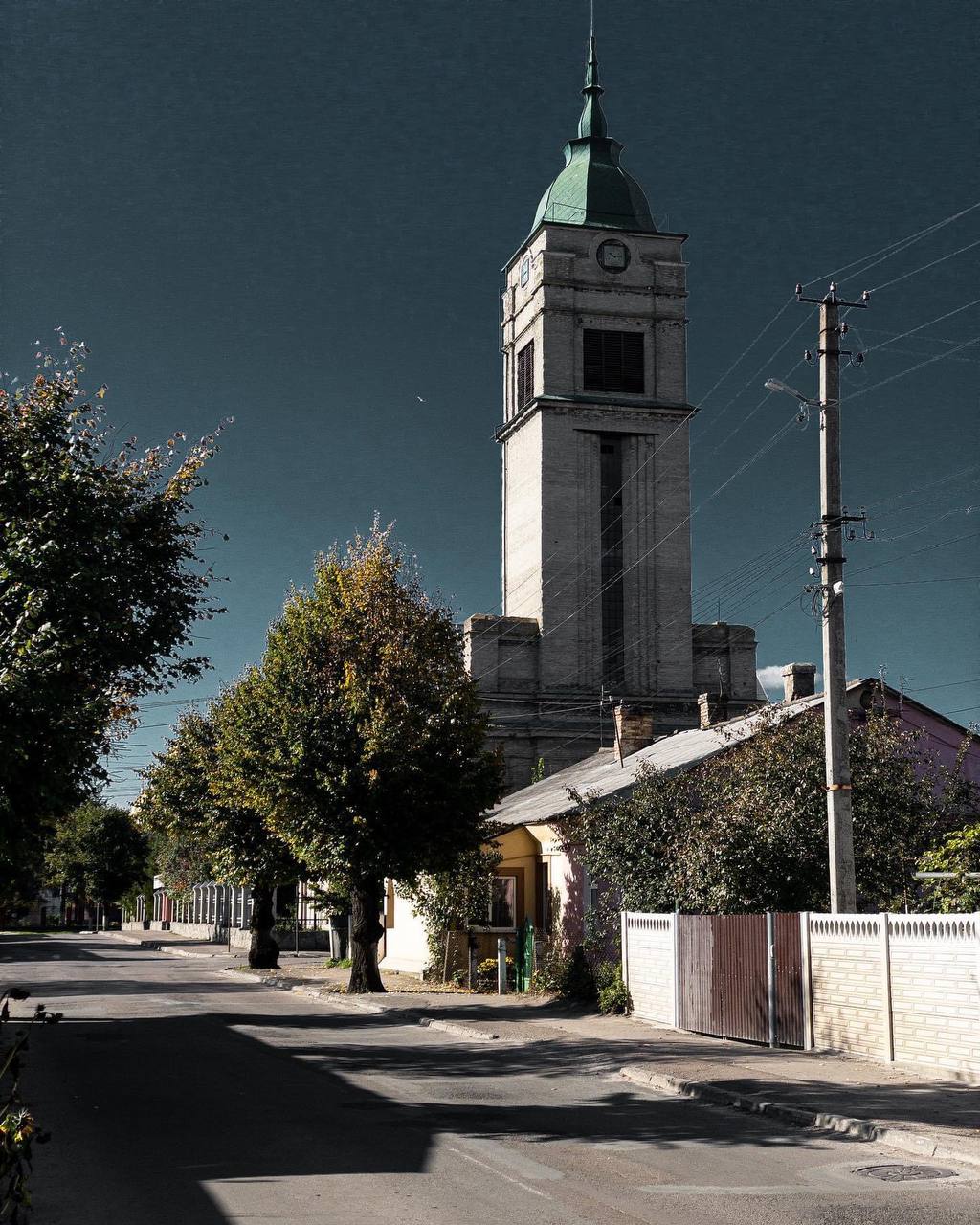
There are 30 cultural heritage landmarks in the territory of the Zdolbuniv Urban Territorial Community. Wooden churches dating back to the 18th – 19th centuries and belonging to the Volyn School of Sacred Architecture have a significant historical and architectural value in the Zdolbuniv community. For example, one of the oldest churches of the Zdolbuniv community, which is located in the village of Bohdashiv, is more than 300 years old. In addition, it is a landmark of architecture and urban planning of local importance.
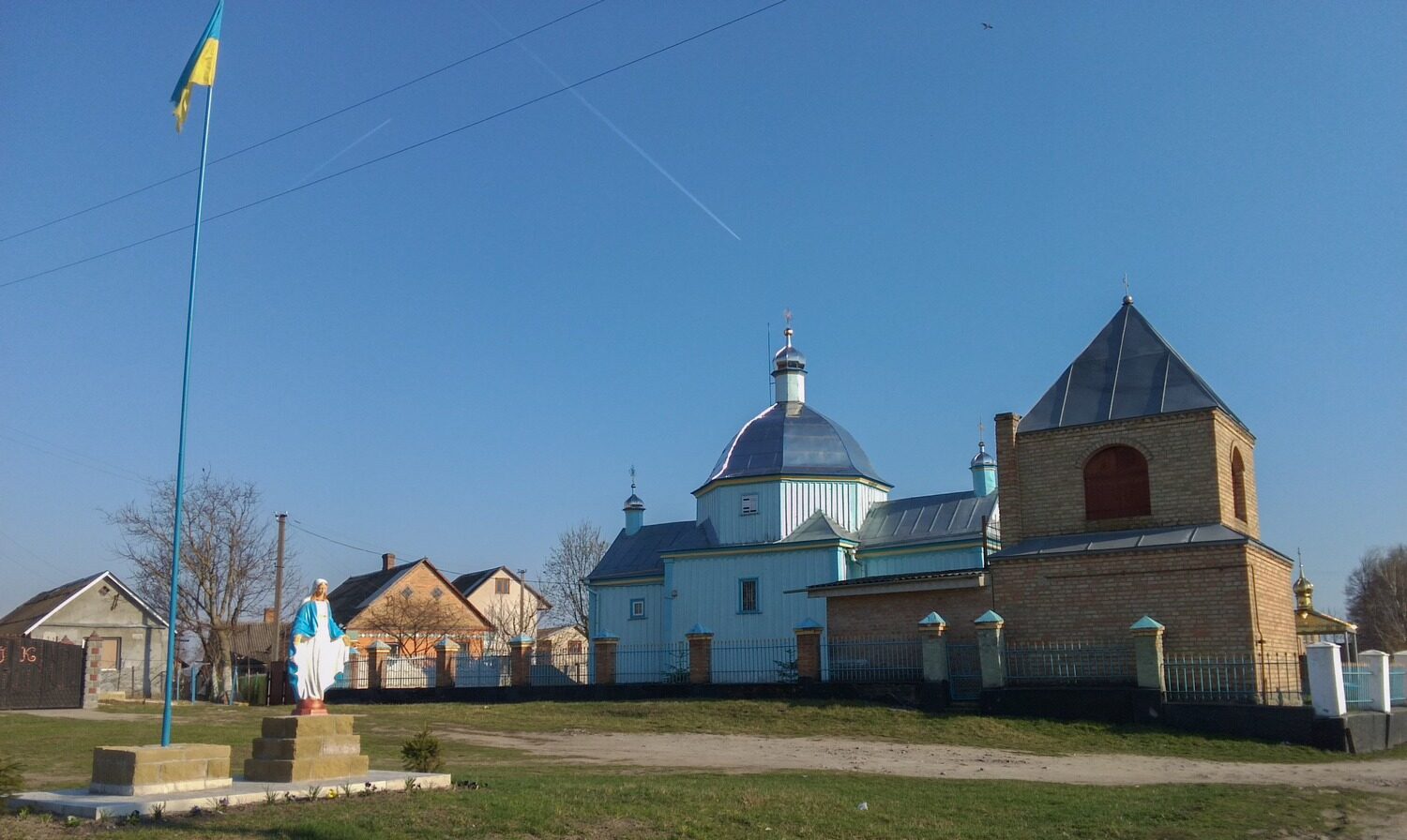
The Zdolbuniv Local History Museum works in the territory of the community, which has a thematic quest room “Prison Escape” recreating the reality of old times.
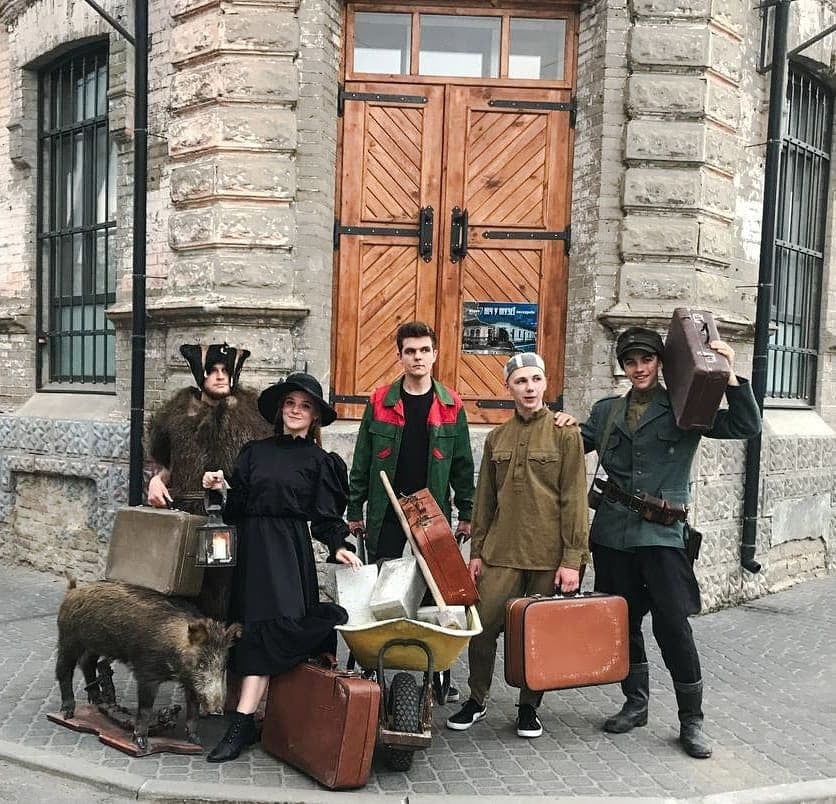
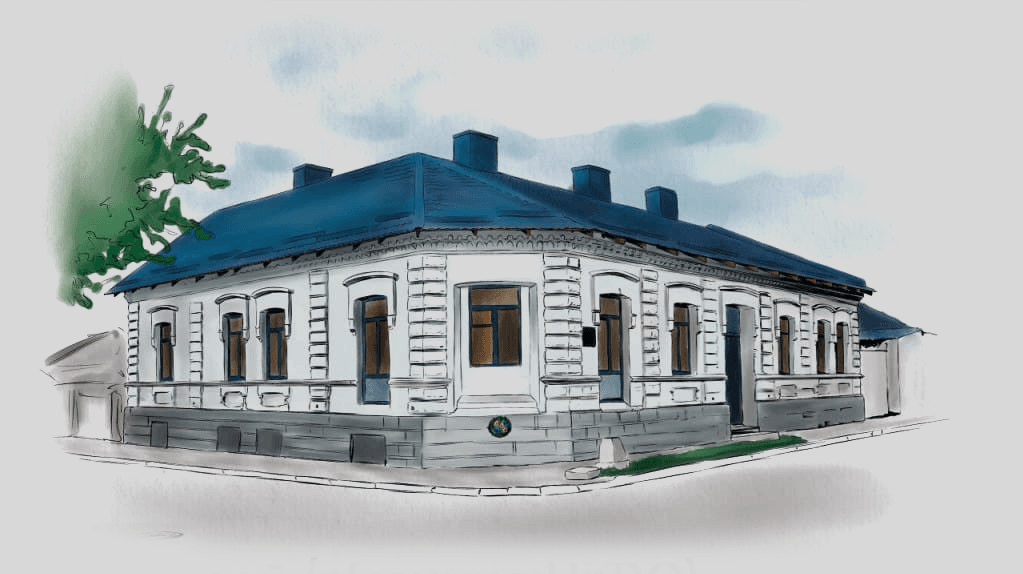
Economy and Welfare
The Zdolbuniv community has an industrial and agrarian economy.
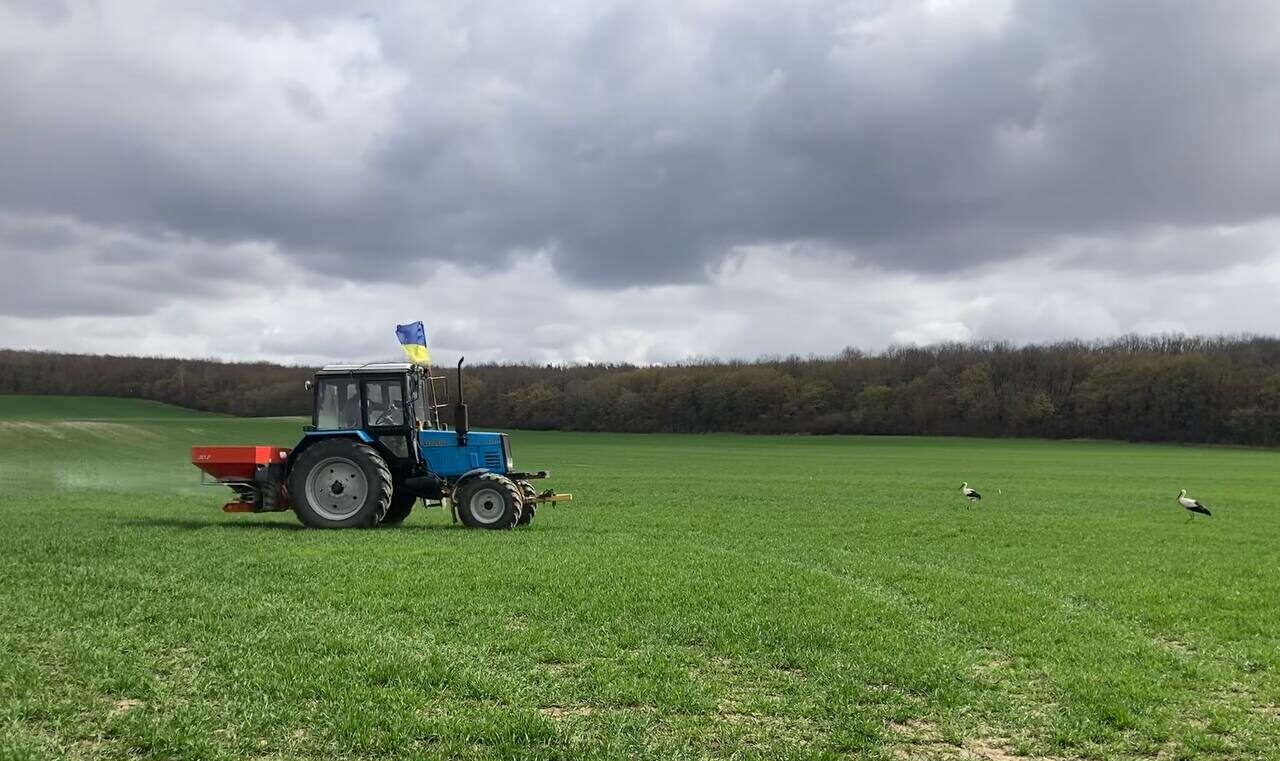
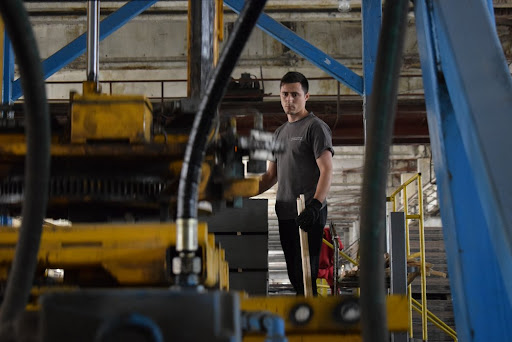
The industry of the Zdolbuniv territorial community specializes in the production of:
- cement;
- bricks;
- plastic products;
- agricultural machinery and spare parts;
- building materials;
- foods.
At present, a large industrial enterprise producing cement operates in the community.
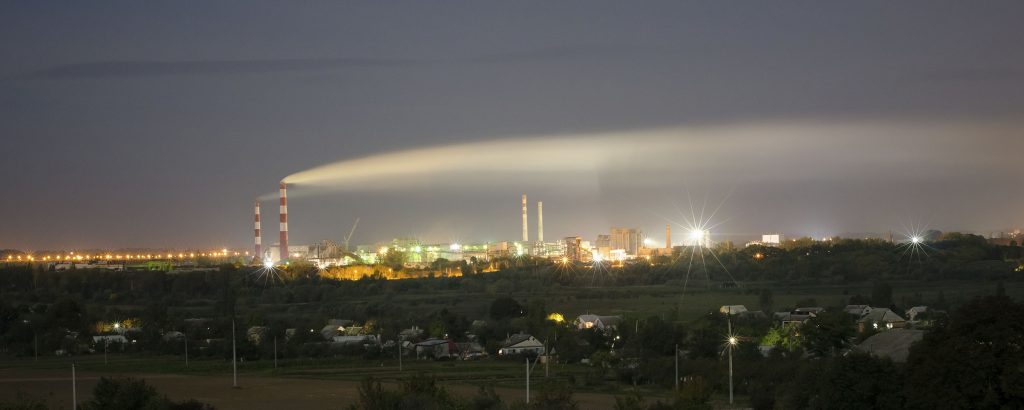
The Zdolbuniv community is an important railway hub in the western part of Ukraine.
It includes the Zdolbuniv passenger station with a modern, renovated train station, from where one can go to all the corners of Ukraine, and a cargo sorting station, as well as all the necessary infrastructure facilities for railway transport repairs.
The agro-industrial sector of the community is mainly focused on the cultivation of grain and fodder crops. The meat and dairy cattle breeding sector is developed as well. Twenty-three agricultural enterprises and farms are successfully operating in the community, most of which grow grain crops.
There are also two modern, powerful elevators with the state-of-the-art laboratory, grain cleaning and weighing equipment and a good geographical location in terms of road and rail logistics.
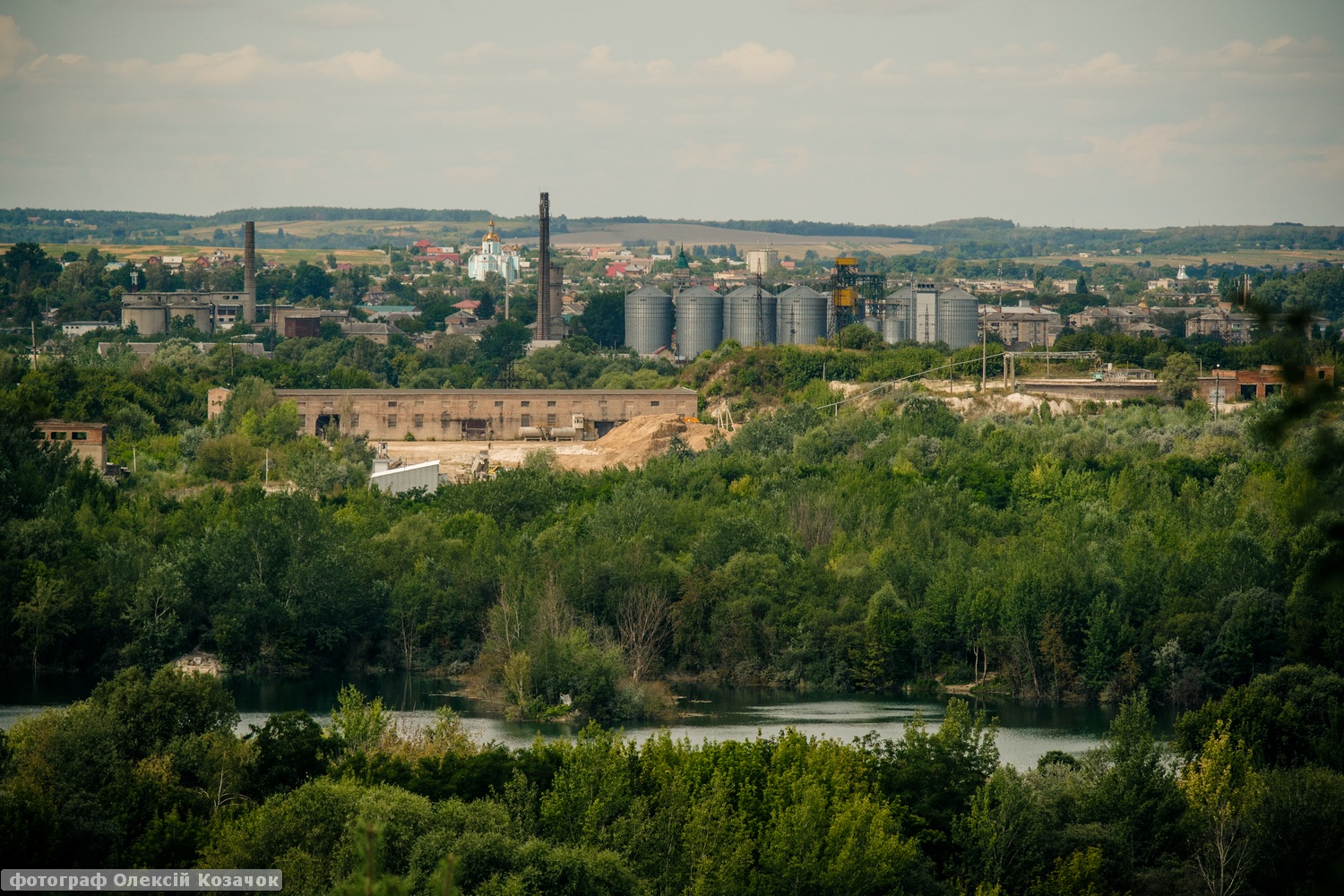
More than 60 organizations of co-owners of apartment buildings have been created. The community has four municipal enterprises, an Administrative Services Centre, the Zdolbuniv Fire and Rescue Unit.
As regards education, there are 13 secondary schools encompassing 4,502 children, 10 preschool institutions attended by 1,254 children.
Vocational education is represented by the State Educational Institution “Zdolbuniv Higher Vocational School of Railway Transport” with 400 students studying various railway, construction and service subjects.
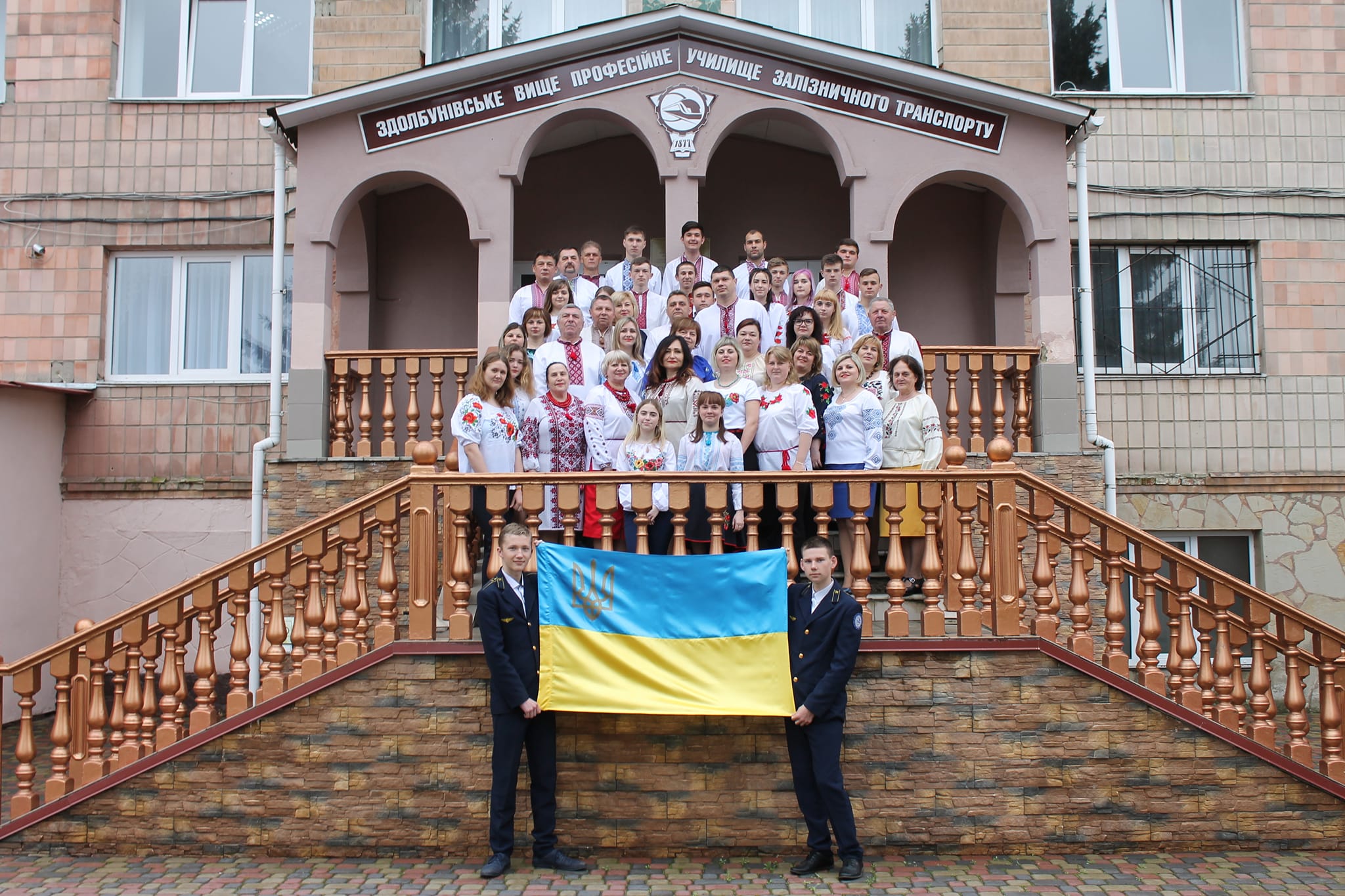
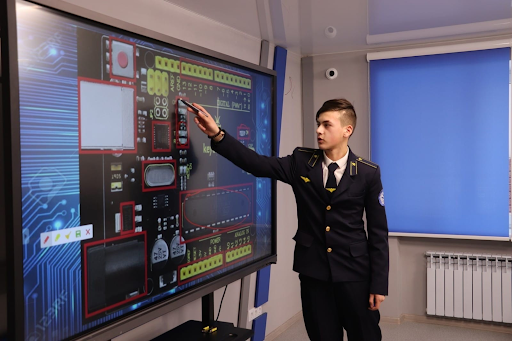
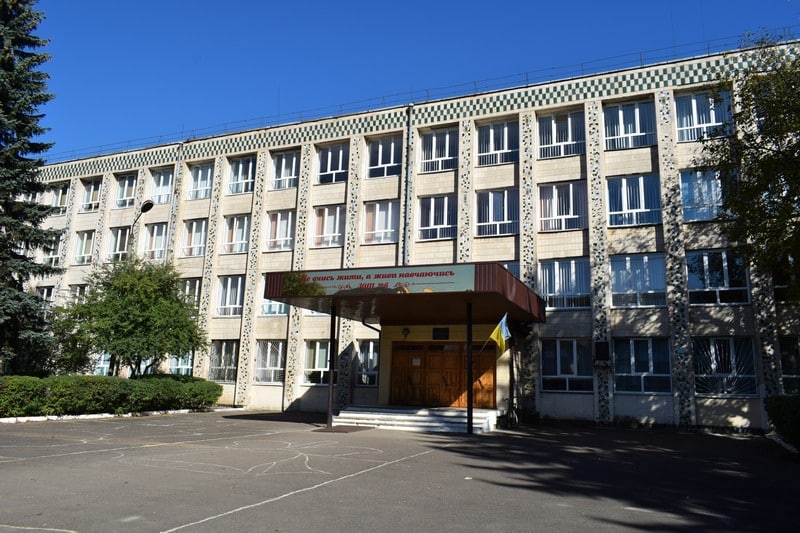
Out-of-school education is represented by the house of children’s and youth creativity attended by 1,219 children, the town station of young technicians attended by 608 children, the inclusive resource centre attended by 81 children and 350 accompanied children, a music school, a children’s and youth sports school attended by 476 children.
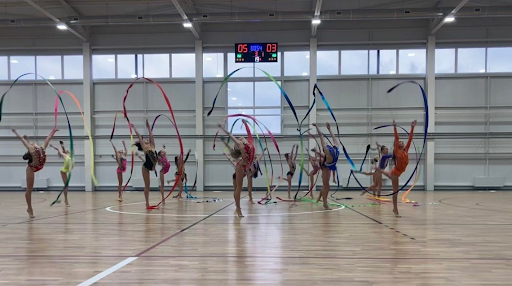
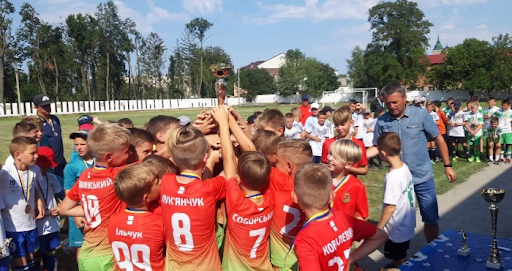
The community has 22 culture centres.
For the first time the Health Fest was held in Zdolbuniv, which is a festival bringing together those wishing to take care of their health.
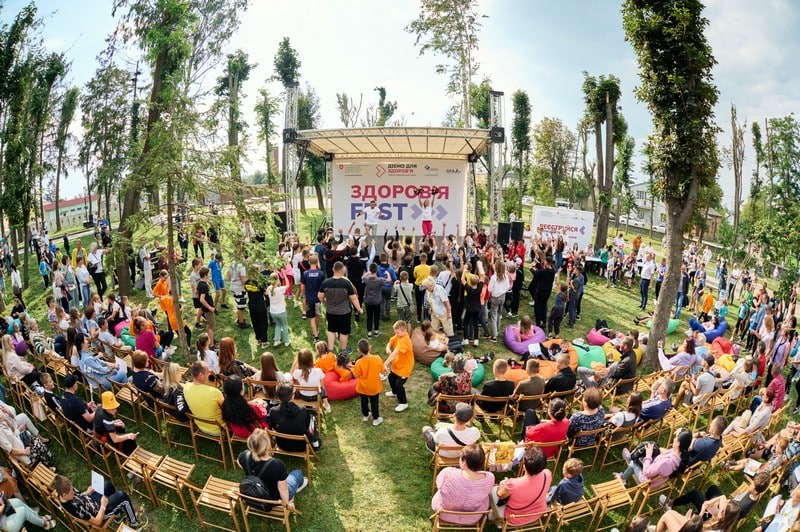
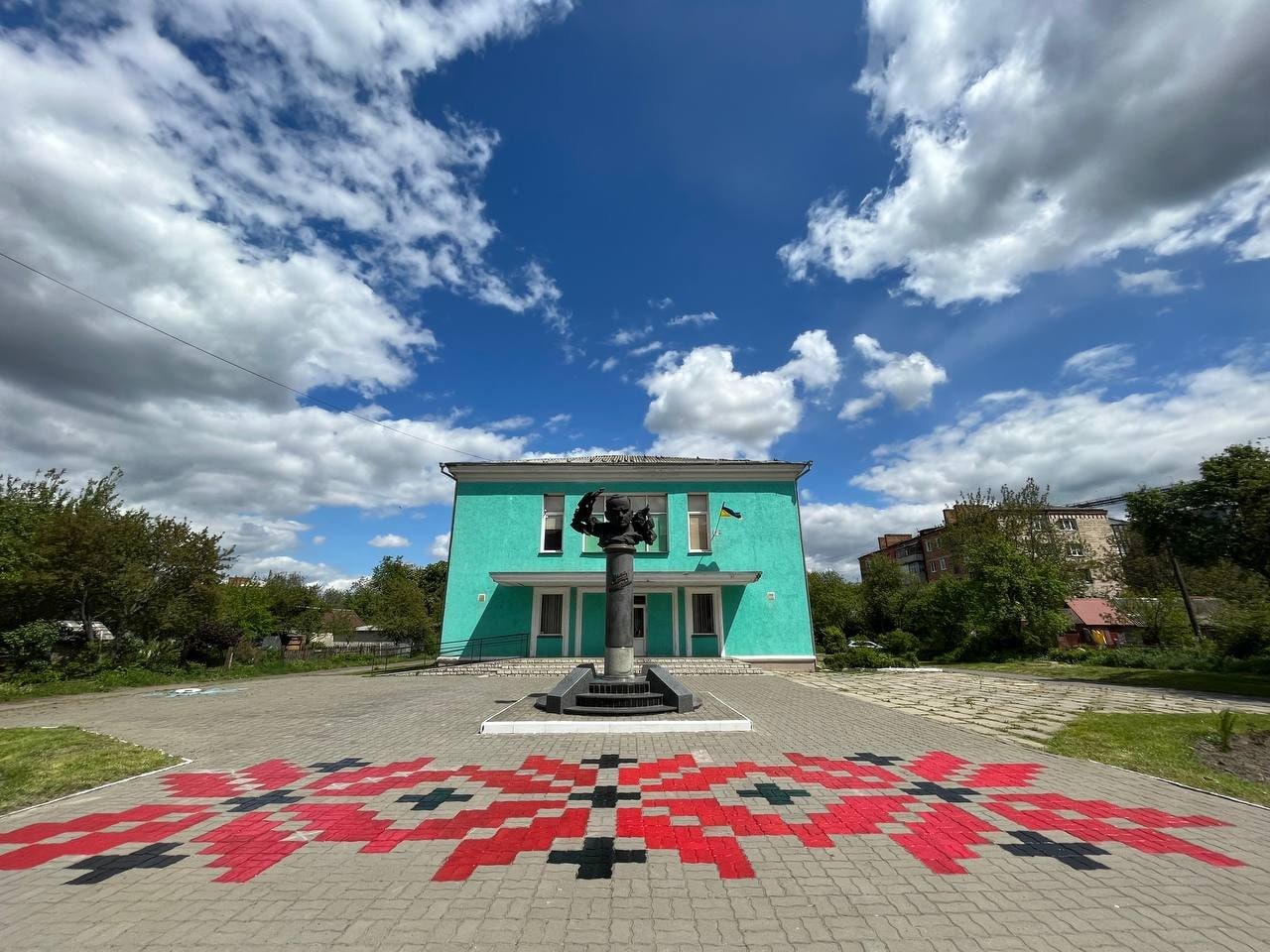
The health care sector in the territory of the Zdolbuniv Urban Territorial Community is represented by three non-commercial municipal institutions: Zdolbuniv Central Municipal Hospital, Zdolbuniv Dental Polyclinic, Zdolbuniv Centre of Primary Medical Care and Zdolbuniv Substation of the Regional Centre of Emergency Medical Aid and Disaster Medicine, which are located in the town of Zdolbuniv.
The Zdolbuniv Centre of Primary Medical Care consists of 7 paramedic-midwifery centres functioning in the villages and 5 outpatient clinics of the general practice of family medicine.
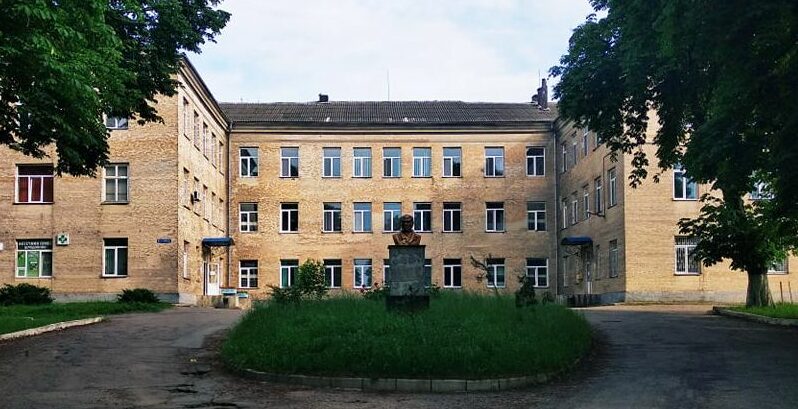
There are more than 50 nongovernmental organizations working in various fields, including community development, youth and sports, public health, and gender-oriented women’s organizations. There are Polish, Czech and German societies.
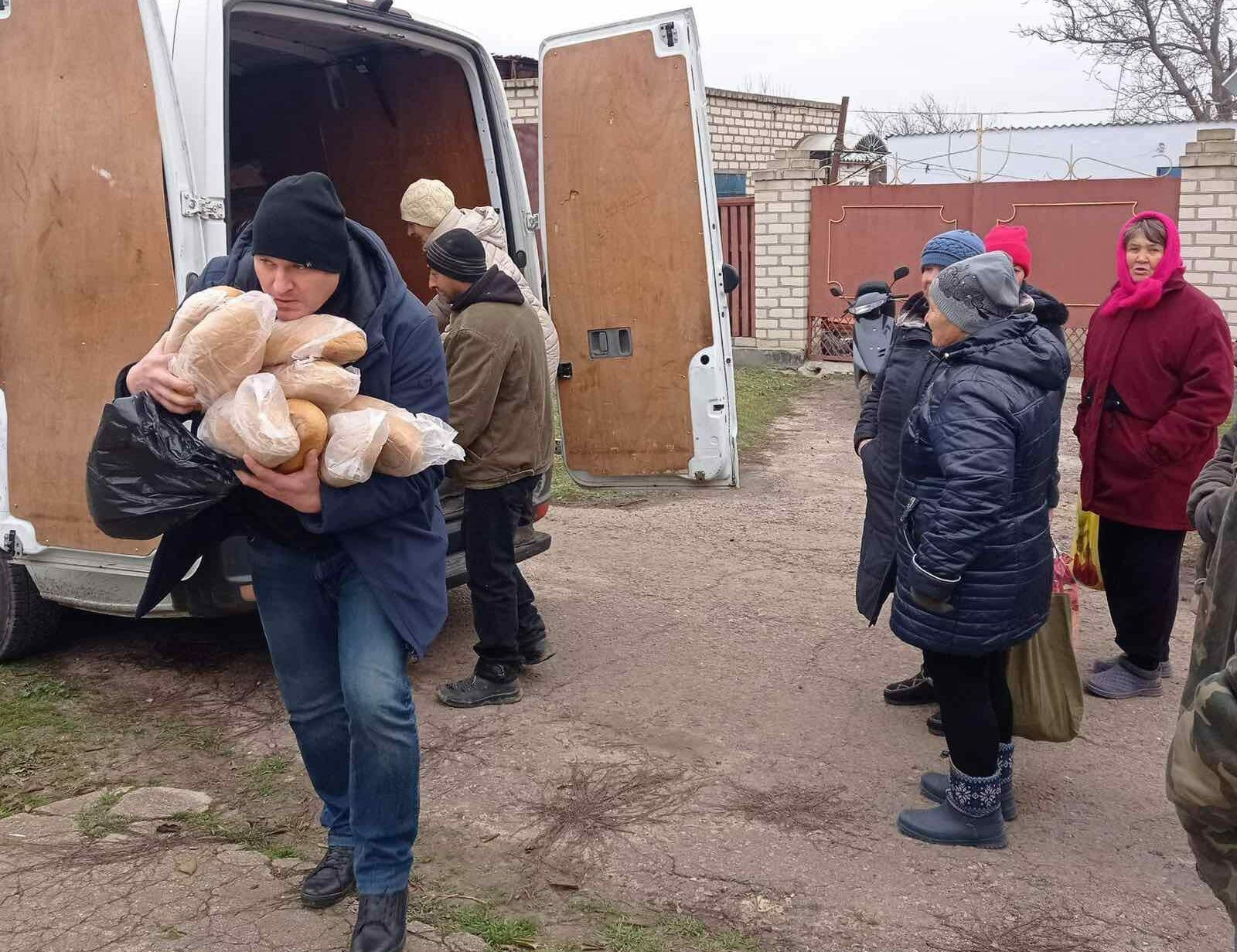
Since the beginning of the full-scale war on 24 February 2022, the Zdolbuniv community has become a rear and transit area for internally displaced persons and received 2,950 internally displaced persons from many regions, of which 450 people lived in organized places for internally displaced persons, in preschool educational institutions, including 44 elderly people and disabled people living in the Zdolbuniv geriatric boarding house.
As of 15 January 2023, 970 people live in the community on a permanent basis.
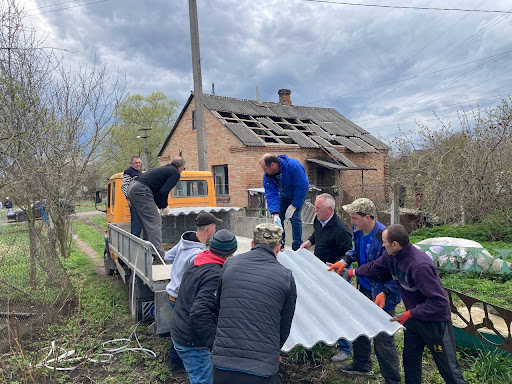
The Zdolbuniv community was bombed by russia: the electrical substations of the railway facilities and the nearby houses of civilians were damaged in April 2022.
A humanitarian hub was created at the Territorial Centre of Social Services, which monitored the needs and provided primary aid to those coming to the community, and also coordinated humanitarian missions from other countries.
Also, thanks to the activity of local residents, an active volunteer front was launched in Zdolbuniv back in 2014 and continues to operate to this day. During the full-scale invasion, volunteer headquarters were set up at the educational and cultural centres, where the residents of the Zdolbuniv community cooked food for the military, wove camouflage nets, and collected humanitarian aid for the war-ravaged regions and for the military.
The community has raised funds to purchase all the necessary equipment and cars for the military personnel, held charity events, provided assistance to internally displaced persons (collected food and other vital items).
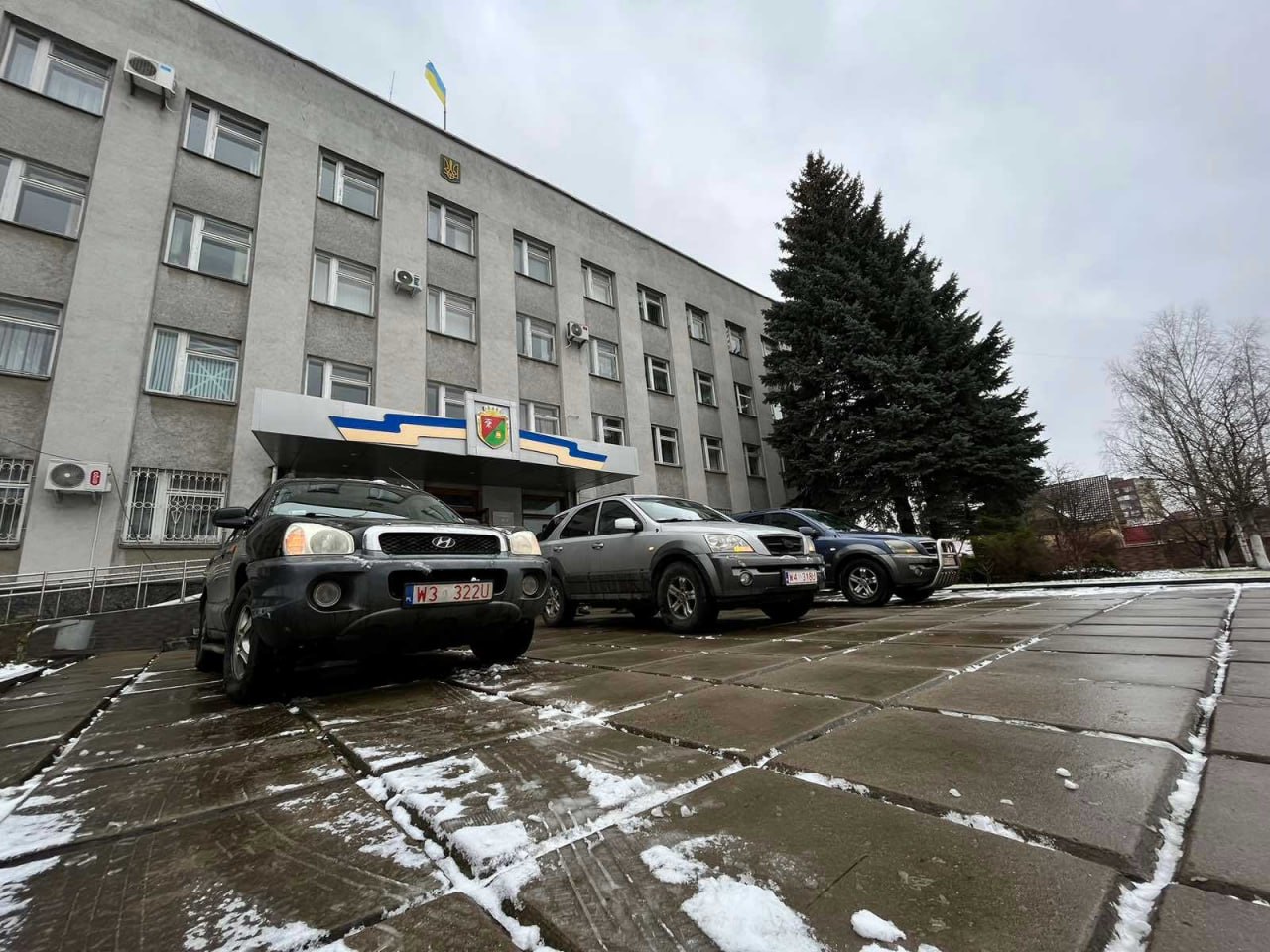
One of the volunteer initiatives was a trade fair where children and adults, selling sweets, raised money to buy cars and ammunitions for defenders.
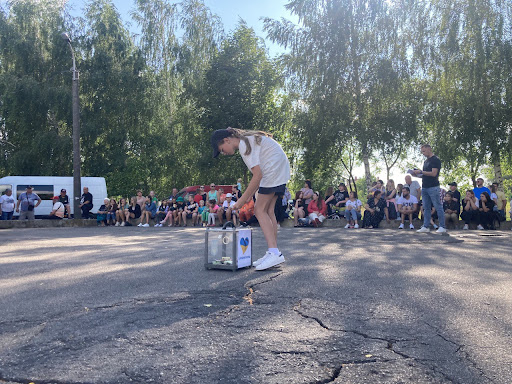
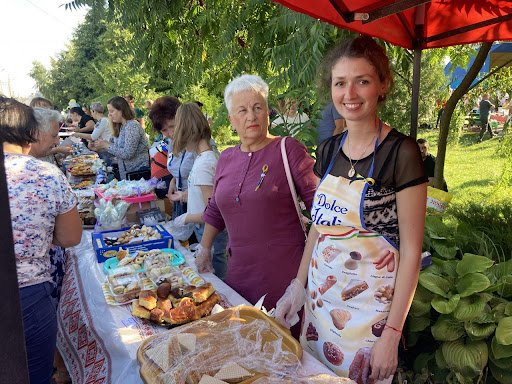
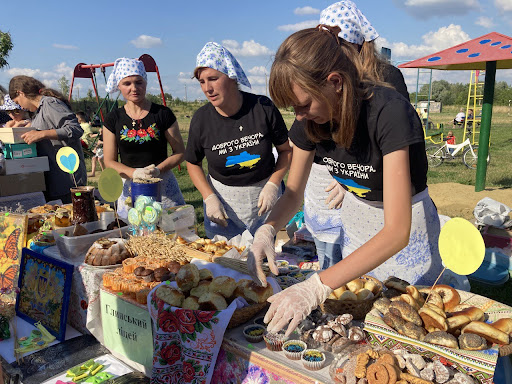
The Zdolbuniv community joined the initiative to create a coalition of honest communities that transparently report on the receipt and distribution of humanitarian aid in the community on the Prozorro+ website.
In addition to humanitarian efforts, the community actively develops programs aimed at integrating internally displaced persons into the community life. For instance, the Home’YAK Youth Space was the first to provide a platform for meetings of the youth of internally displaced persons and the local youth, which later led to the implementation of joint projects of VilnoHub and AntiSchool.
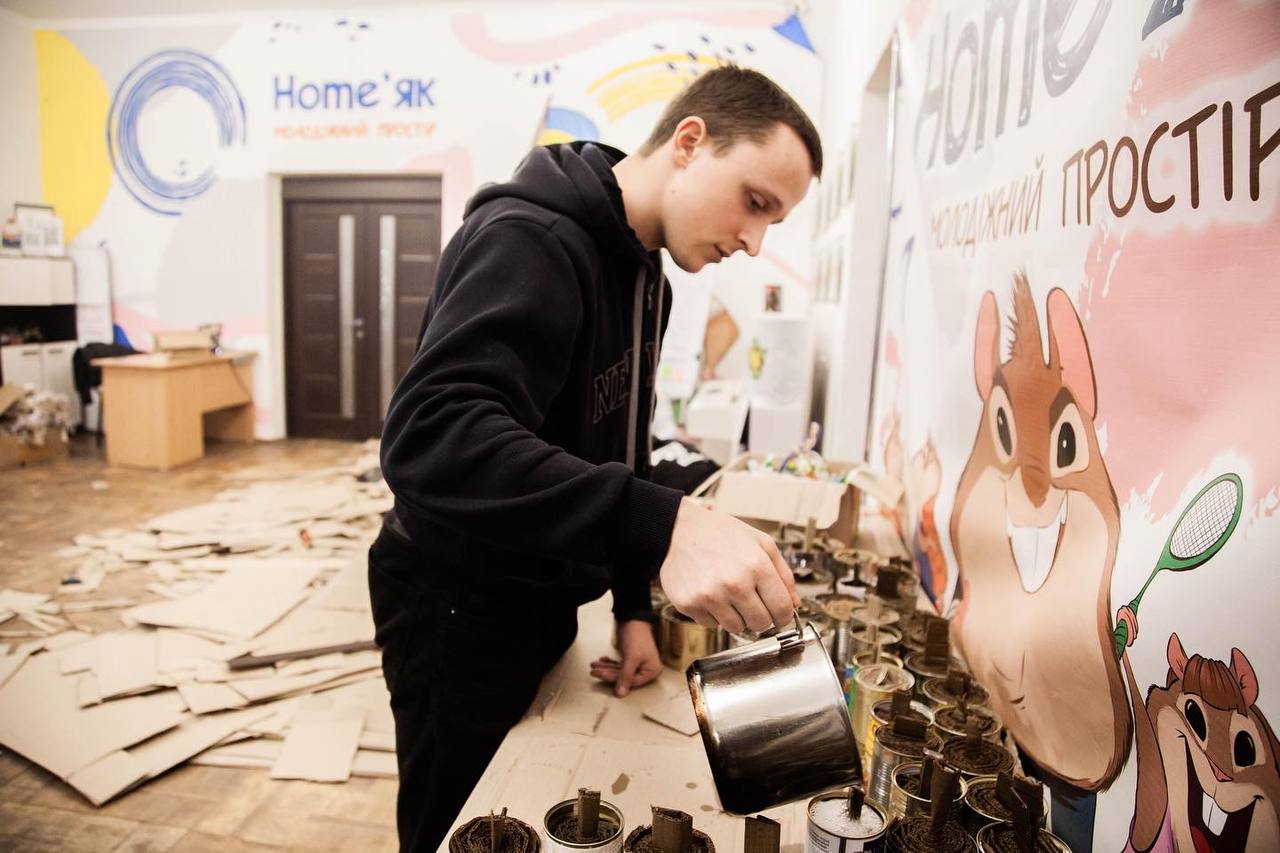
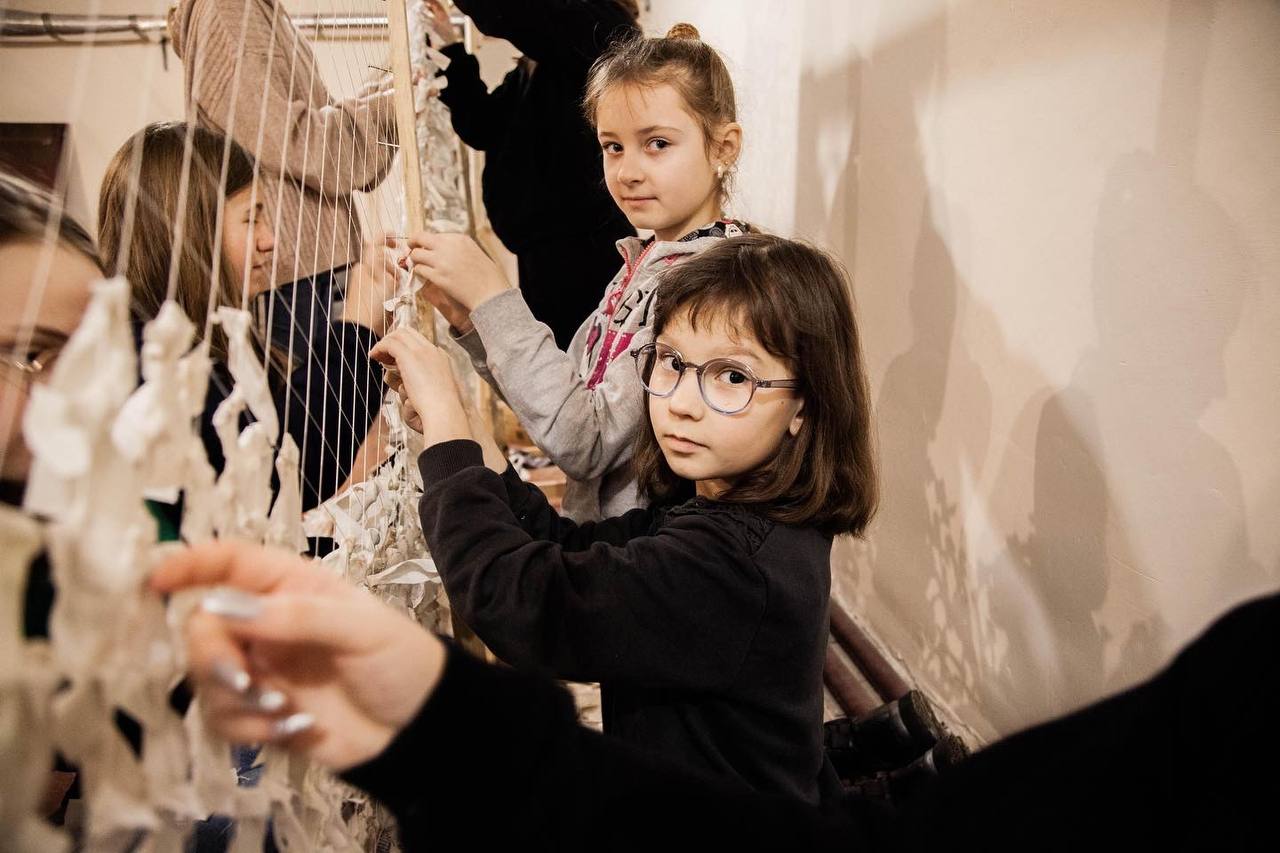
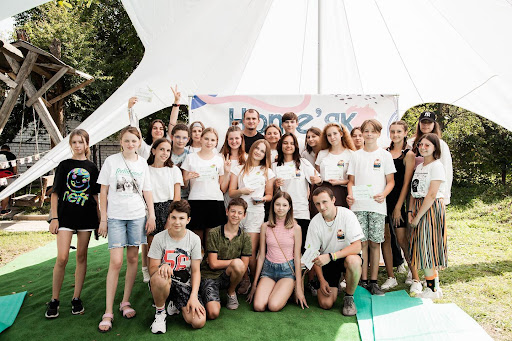
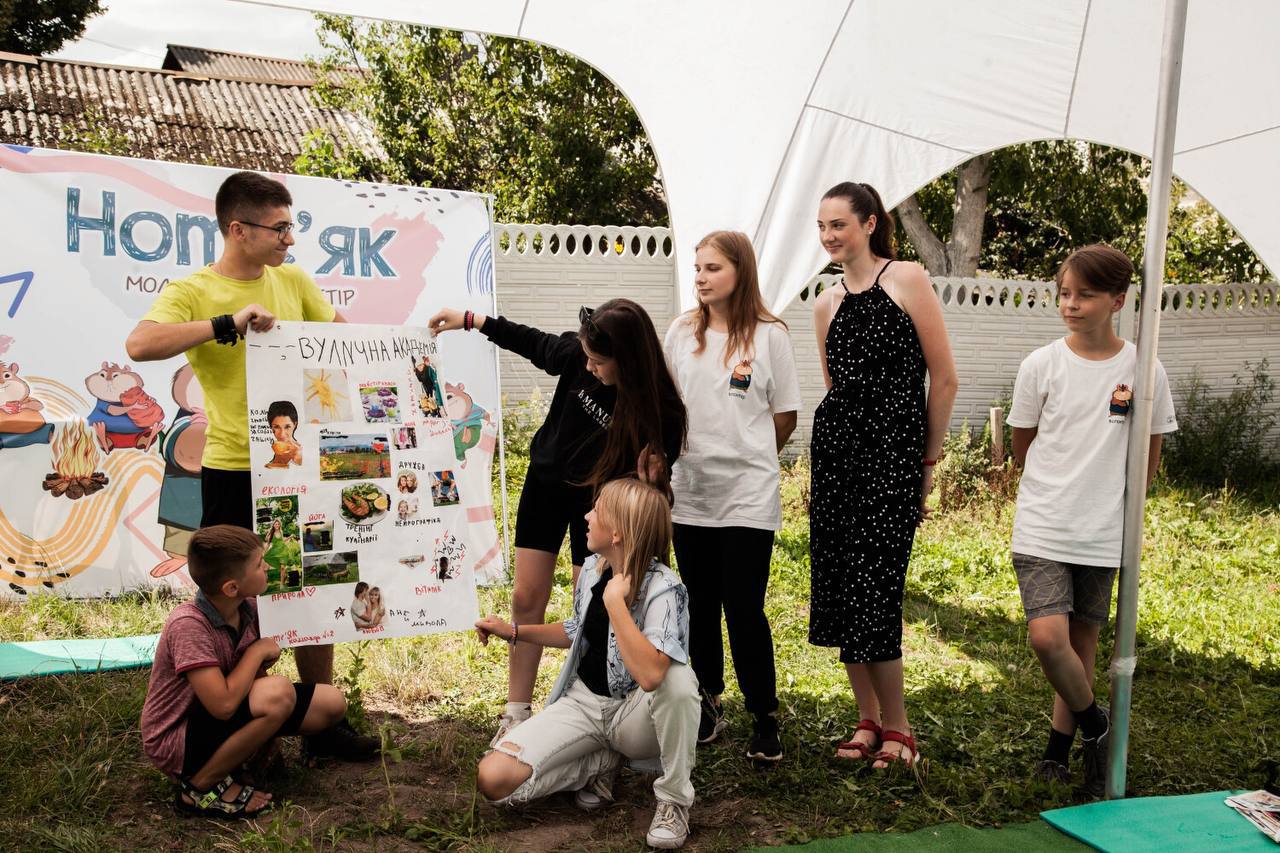

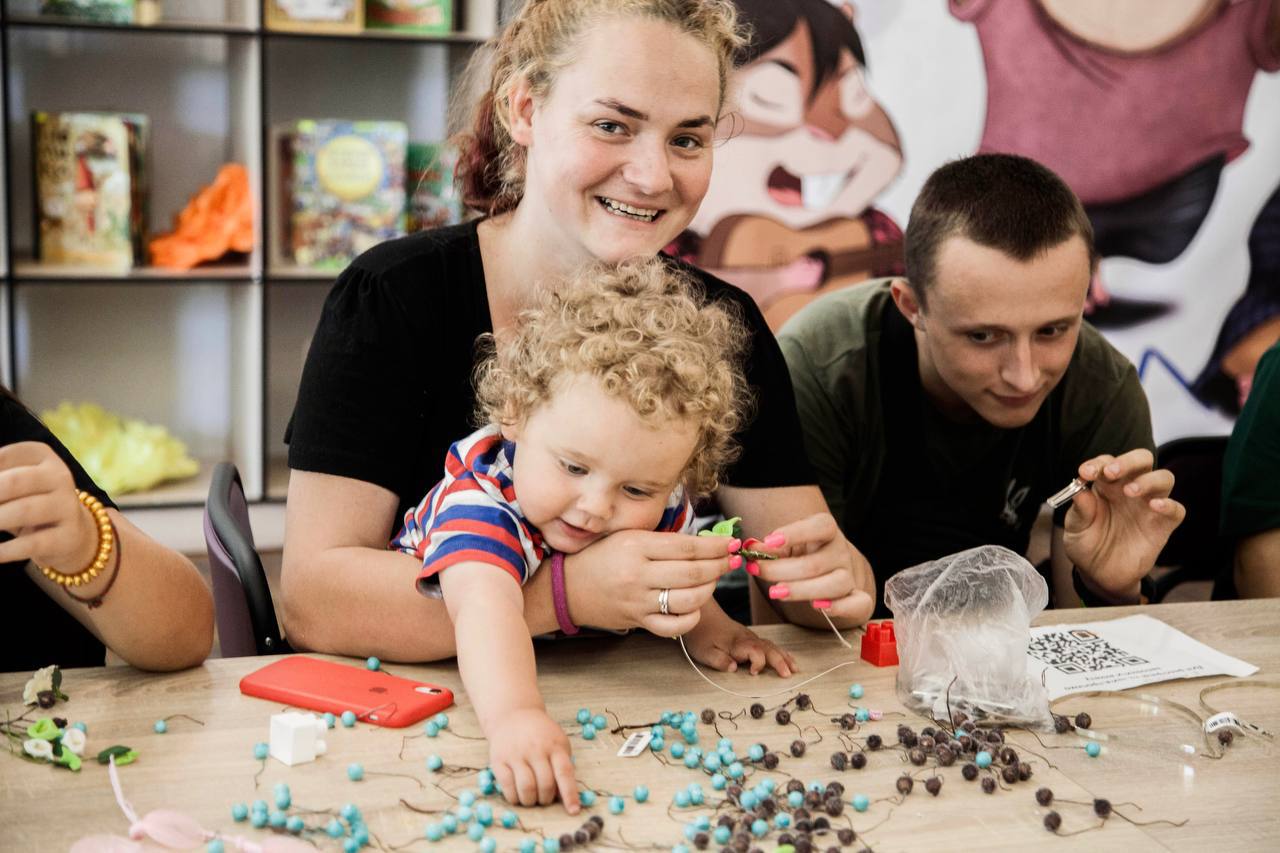
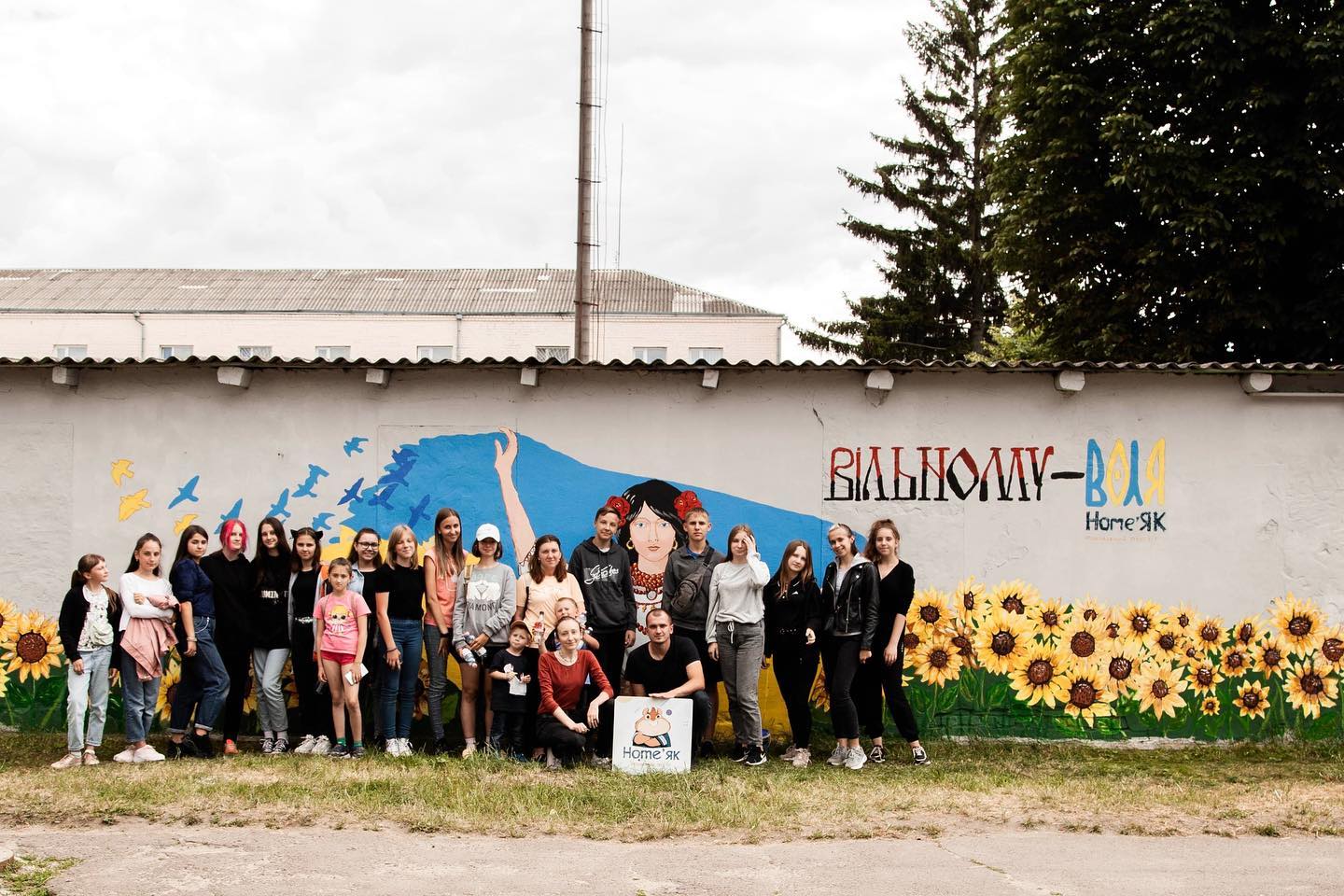
Serhii Hrydin, a native of Zdolbuniv, is a modern Ukrainian writer, the author of many adventure pieces of writing for children and youth. He is a nominee and laureate of the Literary Contest of the Union of Writers for the best book of the year titled Clay Cat. Today he defends the country in the ranks of the Armed Forces of Ukraine.
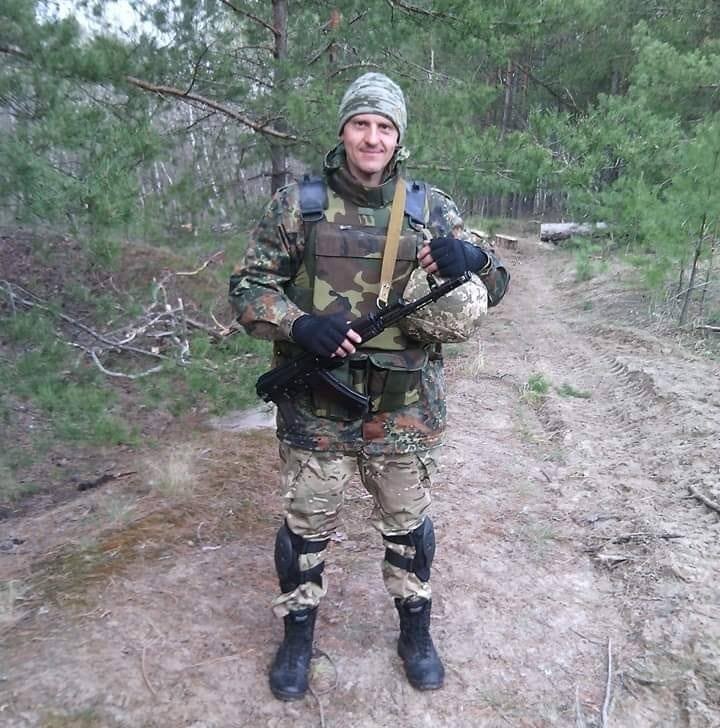
The community tries to find employment for internally displaced persons, for example, Maryna Roiko became the head of the Zdolbuniv Administrative Services Centre; before being forced to seek refuge she headed the Lyman Administrative Services Centre (Donetsk Region).
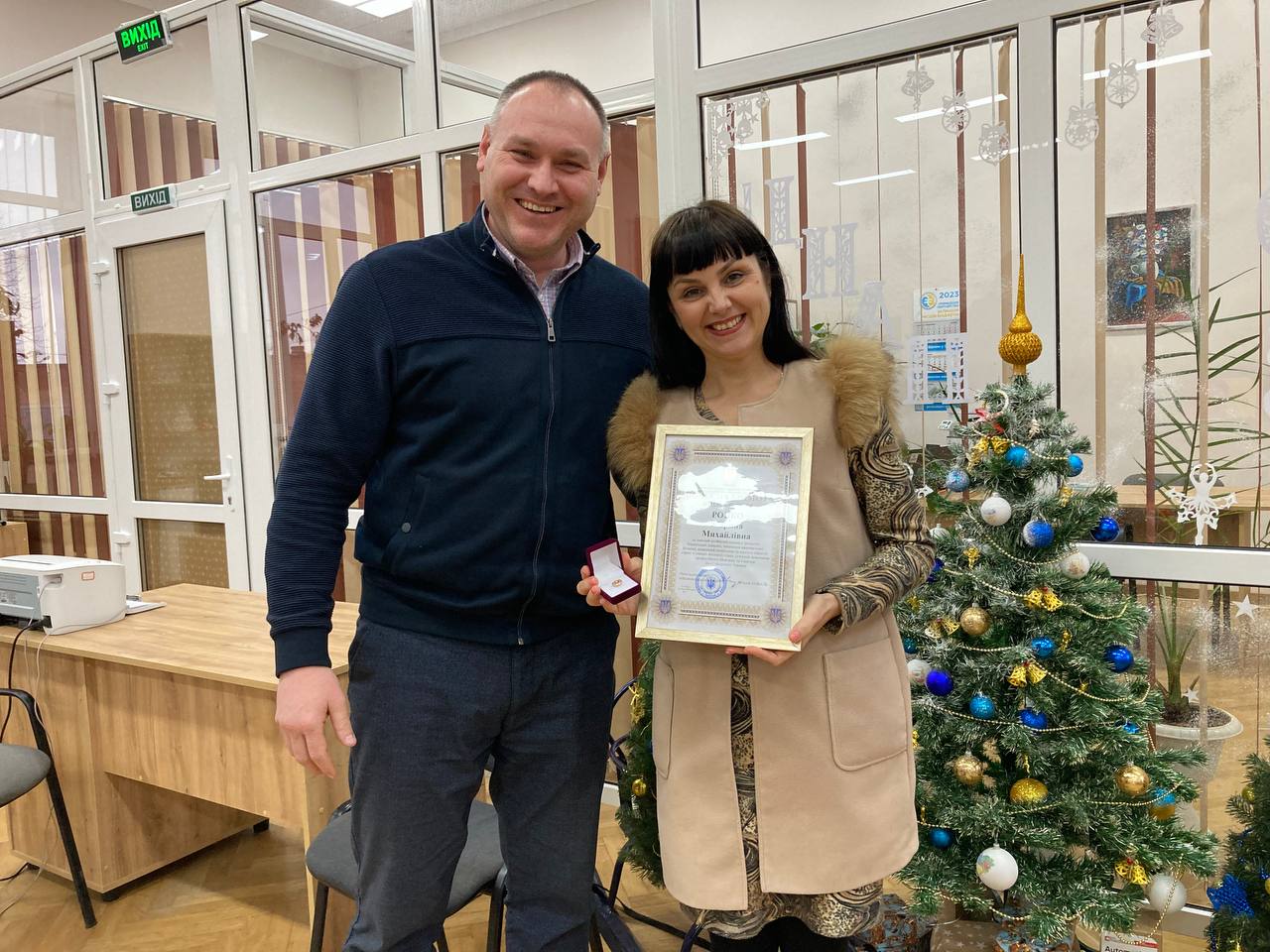
People of the Community
Vladyslav Sukhliak, the former chief doctor of the Zdolbuniv hospital, is the mayor of the Zdolbuniv Urban Community.
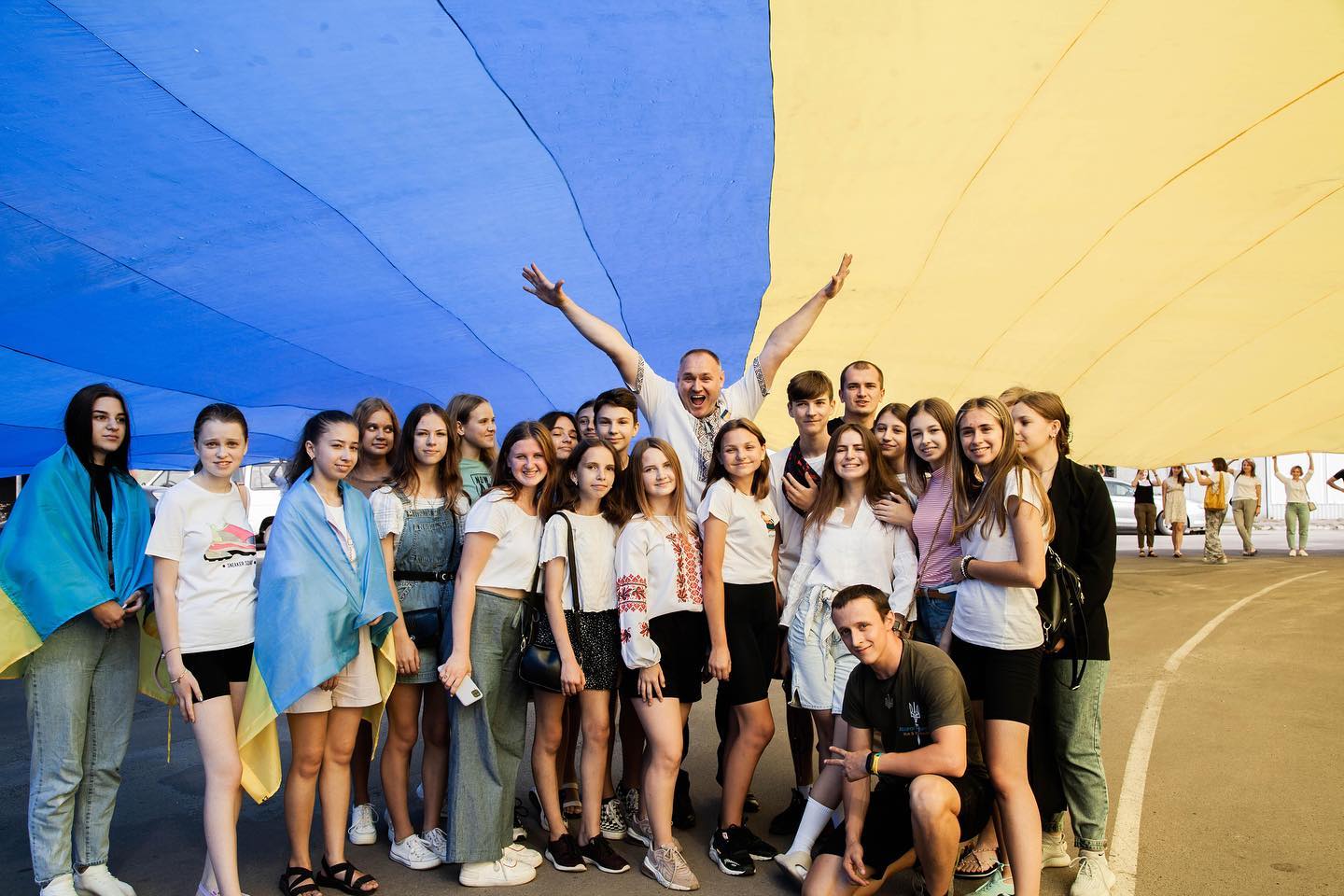
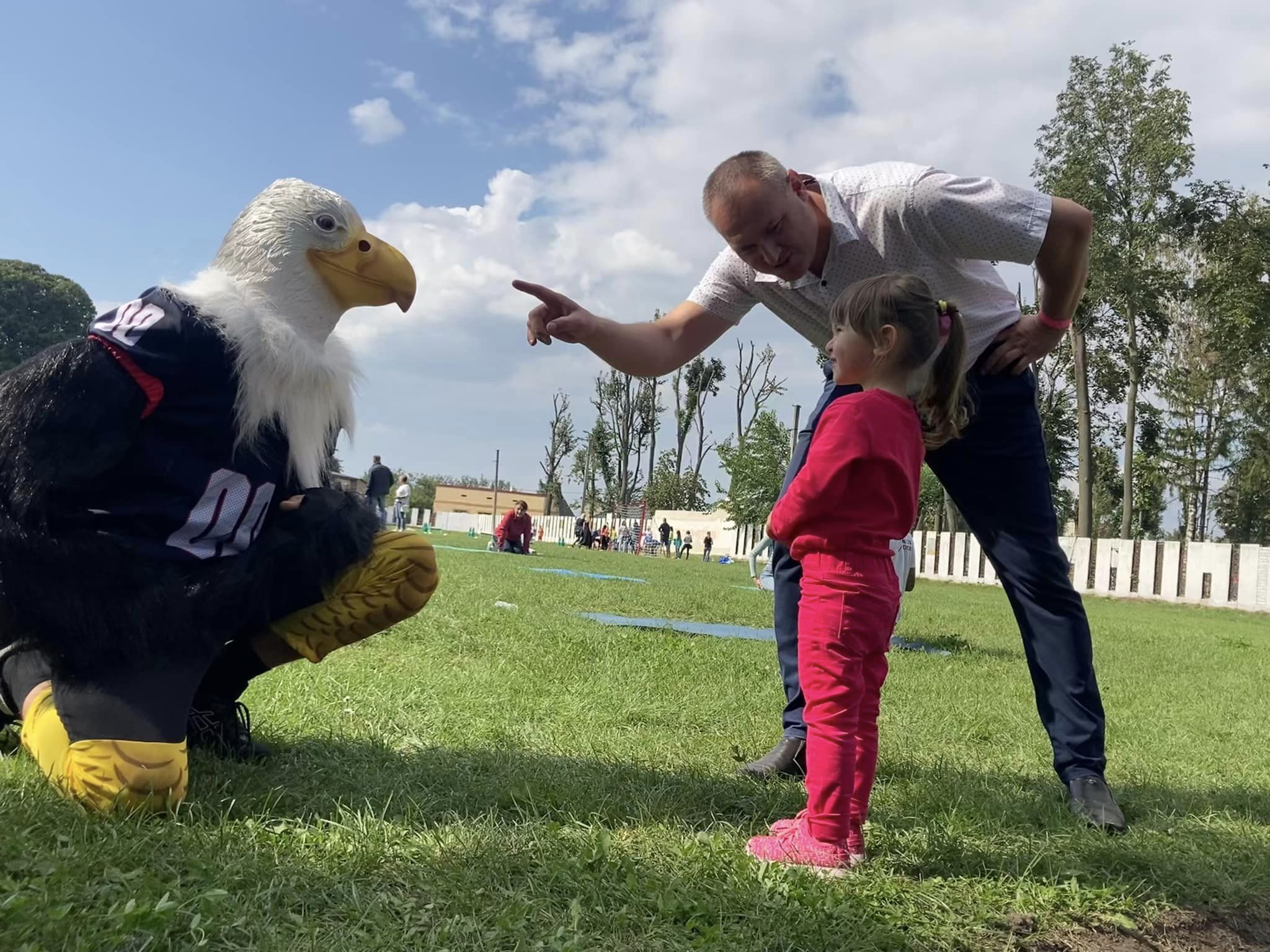
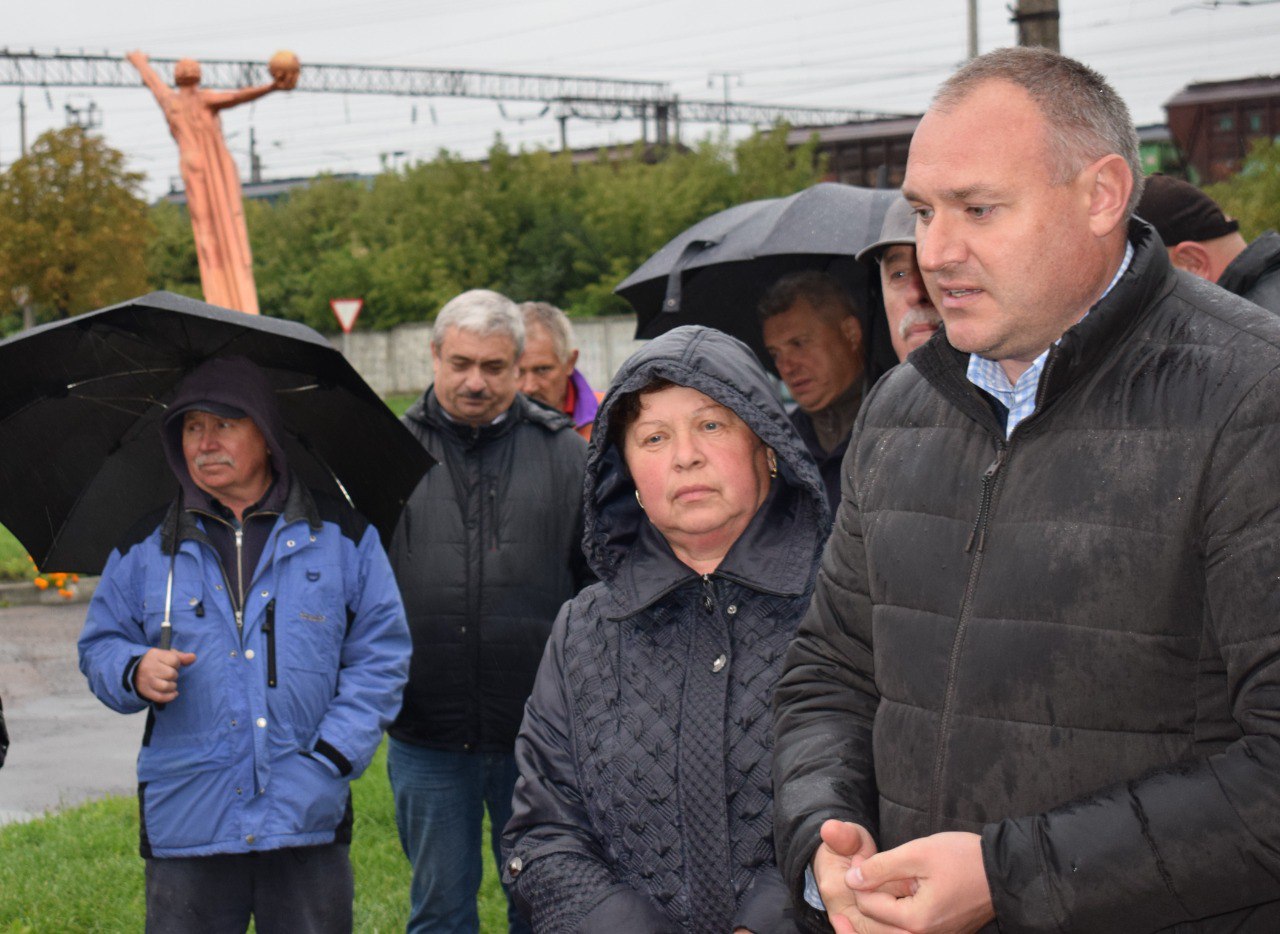
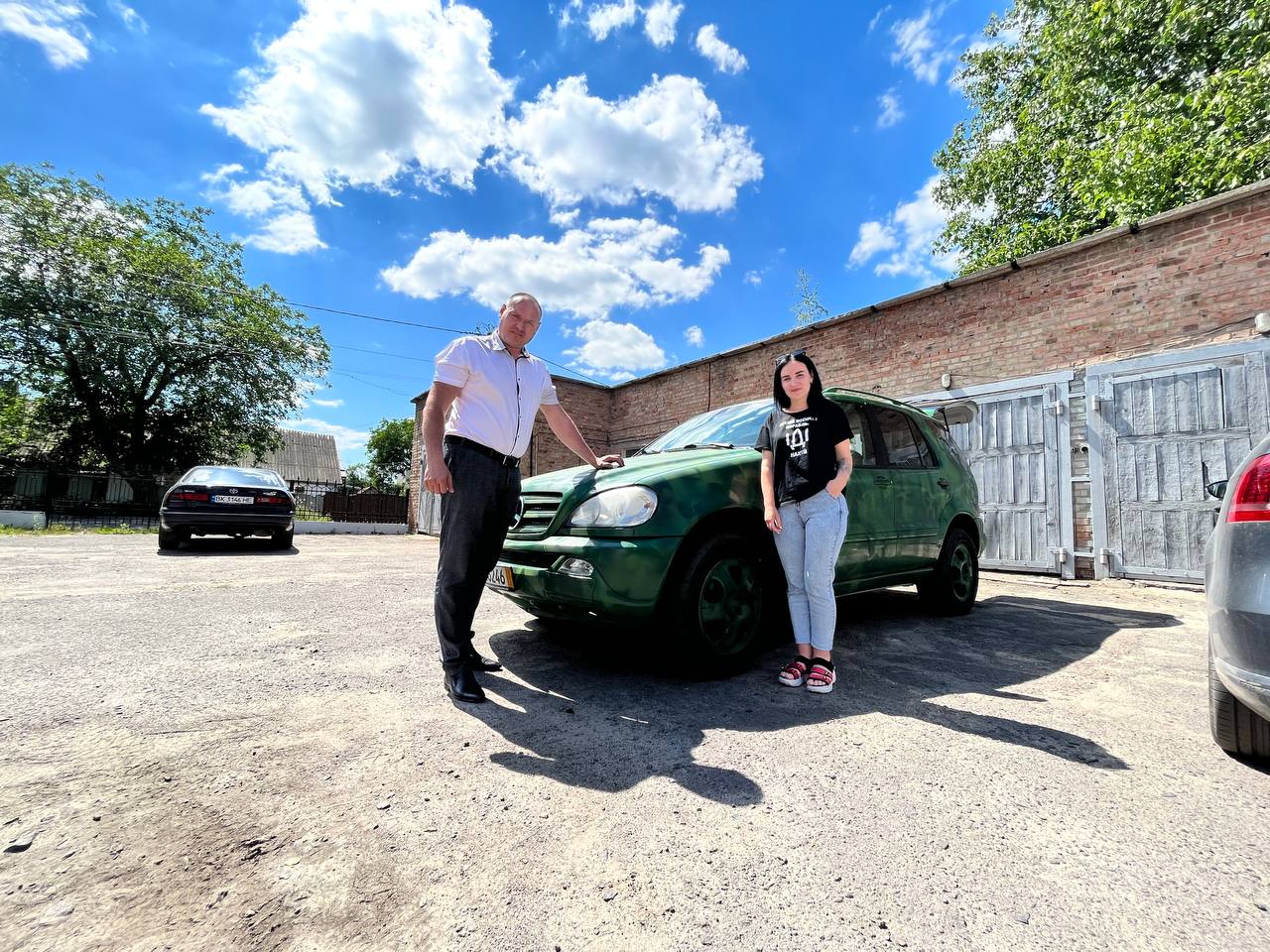
Thanks to the initiative of the local residents, monuments to the national heroes and defenders of Ukraine have been installed in the community, and active de-communization measures have been carried out: a number of streets have been renamed; the symbols of communism have been destroyed.
The Plast movement is active in the Zdolbuniv community.
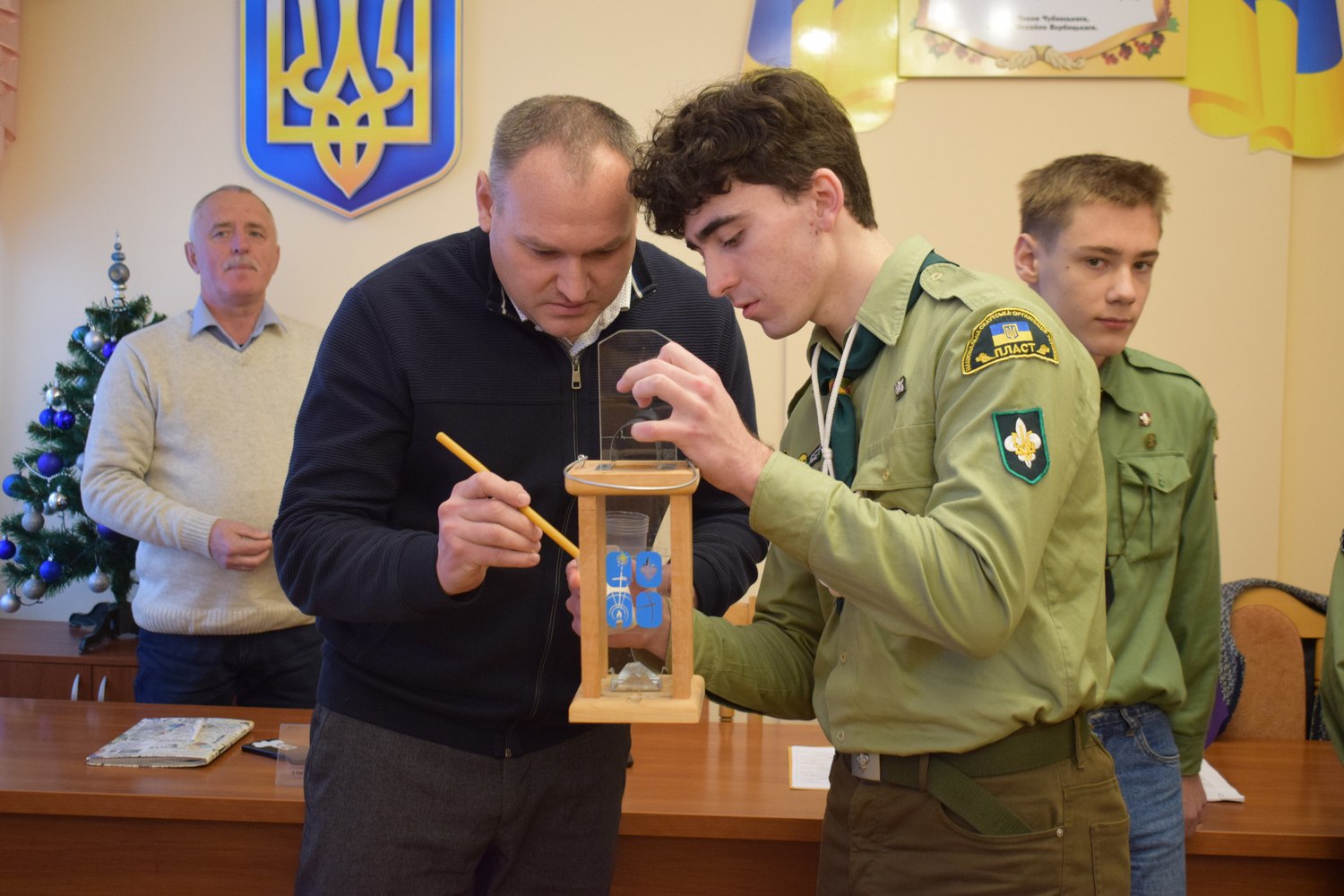
The sports highlight of the community is the Eagles American football team. This team is the only active team in the entire Rivne Region. Its players do not only show a good level at Ukrainian national competitions, but are also players of the national American football team.
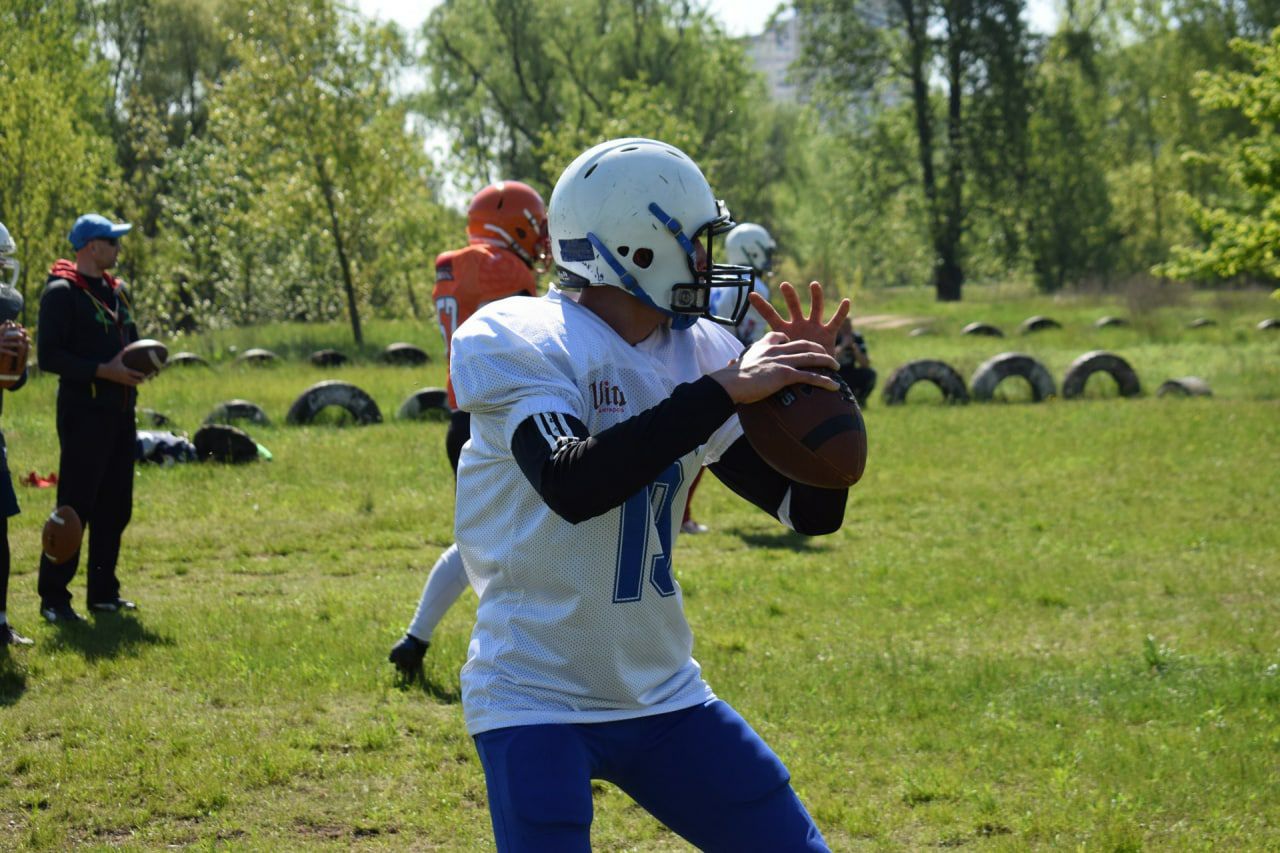
The Zdolbuniv weightlifting school annually trains champions of the Ukrainian national and international levels. This is the merit of Volodymyr Hordiichuk, the Honoured Coach of Ukraine and multiple weightlifting champion, who has been training champions for about 40 years.
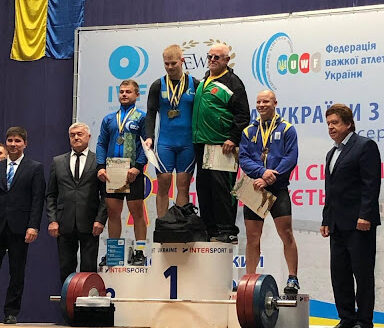
Development Strategy
The Zdolbuniv community is currently developing a community development strategy until 2027.
The current main strategic priorities for the development of the Zdolbuniv community include:
- Increasing the effectiveness of cooperation with the police and creating a municipal guard
- Forming teams of volunteers for public order protection
- Increasing the number of video surveillance cameras in the town of Zdolbuniv and Starosta-headed districts
- Creating security centre and classes
- Ensuring safety on community roads
- Preserving and developing the hospital in Zdolbuniv and primary medicine services in the villages of the community
- Developing public health and disease prevention services
- Supporting the development of physical education and sports
- Increasing the level of social cohesion and tolerance
- Using external and internal investments
- Creating new jobs
- Supporting the development of small and medium-sized businesses
- Improving the quality of municipal services (water, heat, garbage)
- Ensuring energy efficiency and energy saving in solutions.
They see the creation of a good business climate, comfortable living conditions for employees, the provision of high-quality administrative services and the formation of a positive image of the community as their main function in promoting the development of entrepreneurship.
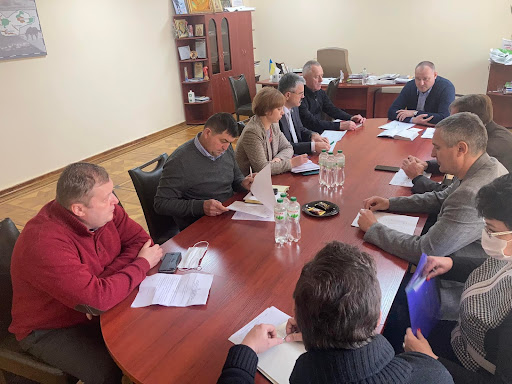
List of Sources
- Website of the community
- Facebook page
- Telegram channel
